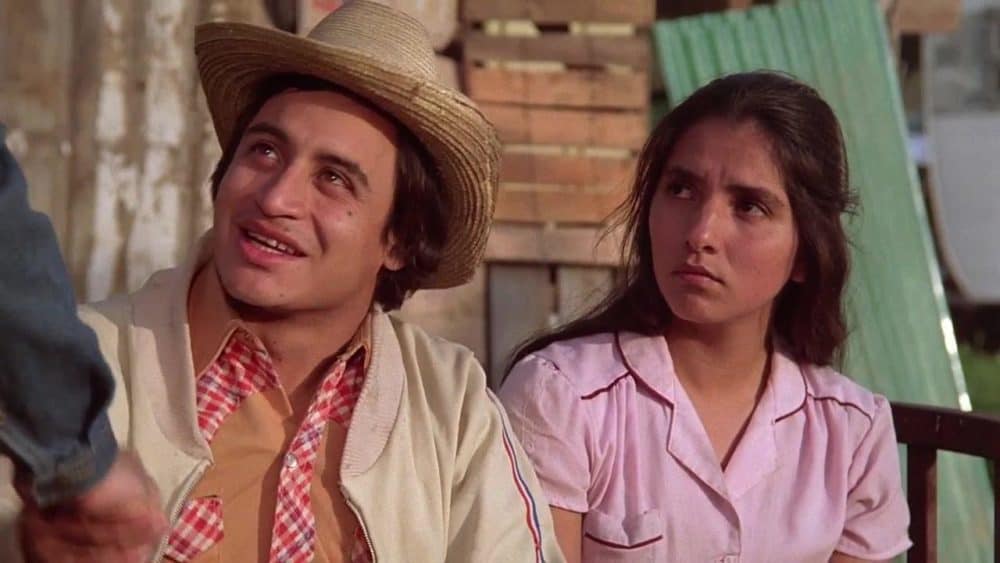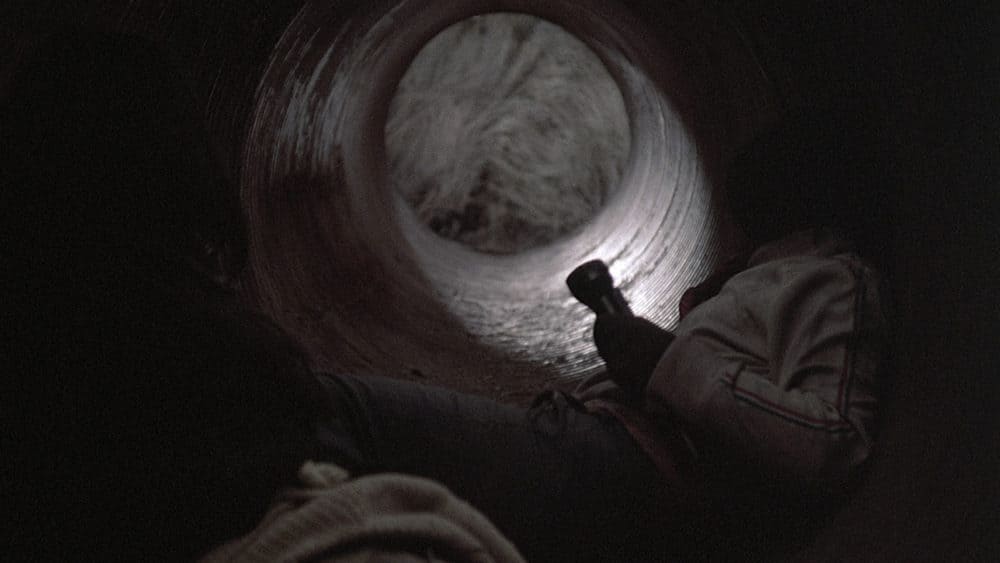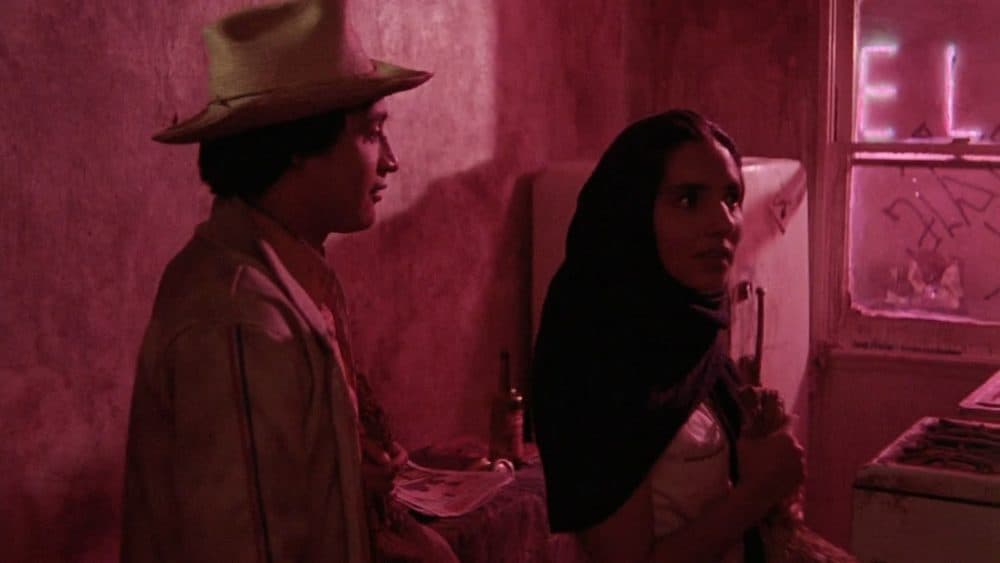
It’s actually kind of amazing when you stop to think about it that there aren’t more movies about the unique challenges and dangers of the US / Mexico border than the general dearth that we presently enjoy. It’s a dynamic, evolving and generationally investing issue that has only become more of a hot-button topic in recent decades (and even recent months), and yet our cinematic attentions seems to be elsewhere.
Movies about national security, at least since 9/11, have been almost exclusively set in the middle east. Movies about the drug trade are either firmly entrenched in its (often Latin American) production or are hyper-invested in the inner city (where the effects are presumably the strongest), but with no interest being paid to its trafficking from Point A to Point B. Movies about human trafficking tend to focus on foreign sex trafficking and tend to look a lot more like Taken (2008) than anything involving illegal border crossing in the hopes of ingratiating yourself into a new culture and climb up the economic ladder.

And even then, what rare movies we do get concerning issues of the US / Mexican Border most readily fall into the “action,” rather than the “drama,” camp: ranging from excellent Sicario movies (2015, 2018) to the ill-advised Peppermint (2018). They take on the issues of violence at the border without really accounting for the more common, more human stories that exist along that national edge.
This is where El Norte comes into play: an arresting 1983 drama about two Guatemalan refugees’ desperate bid to cross into the US and make a living any way that they can. In this case, the refugees are a pair of siblings, Rosa (Zaide Silvia Gutierrez) and Enrique Xuncax (David Villalpando) fleeing their small village that has been overtaken by the increasingly bloody Guatemalan Civil War. They make their way to Mexico and, from there, to the United States, where they work happily as menial laborers.

And, really, that’s it. We follow their emigration, resettlement and new life as Americans without any of the genre frills normally afforded to such proceedings. The fighting that they flee from is certainly terrifying. Their arduous journeys are absolutely harrowing. Their interactions with the men and women that they come across during their travels — including a particularly funny scene where the Xuncaxes are taught how to speak convincingly as Mexicans, comically peppering their dialog with swears — are memorable. And their ultimate fate, which I won’t spoil here, ends on a satisfactorily ambiguous note that fans of both Sicario movies will recognize as the predecessor to those two films’ conclusions.
Although I first encountered El Norte in high school — as part of my Spanish class’ cultural-focused curriculum — it’s a definite cut above the usual sort of movies that make their way into high school classrooms: films of dubious merit that are simply used to illustrate a particular point in the assigned readings. The film’s screenplay was nominated for an Oscar in 1985, making it the first independent American film of any sort to be so honored. It was later preserved by the Library of Congress’ National Film Registry for being “culturally, historically, or aesthetically significant.” And it is furthermore the only Hispanic-American directed film (Gregory Nava) to be released as a part of the esteemed Criterion Collection.

The film is a fun, funny and thoroughly affecting film that addresses a kind of narrative that is far too often overlooked in our society. Or, on the rare occasion that it is addressed in some capacity, it is heightened from “mere drama” to action-packed spectacles focusing on the sexy, sleazy and more marketable aspects of the conflicts at hand. Even truly great films, like Sicario and Day of the Soldado, fall into this trap, which vastly limits the kinds of stories they can tell and the kind of characters that they can find to tell it. That doesn’t make those movies any less for pursuing those narrative avenues, but it does leave a gaping wound in the heart of issue that is simply not being addressed by anybody else right now (thus why I had to turn to a thirty-five-year-old movie to address a perfectly contemporaneous issue).
We have to do better. Hollywood has to do better. These stories are vital and speak to the heart of what it means to be American in the twenty-first century. But, until we start getting stories reflective of our world today, we at least still have El Norte: a movie more relevant now than it was even upon release, and which, like a fine wine (or, perhaps more appropriately, a savory tequila), only grows better and better as time goes by.
Rating: 5/5
 Follow Us
Follow Us




